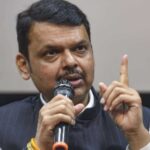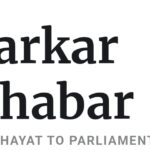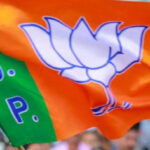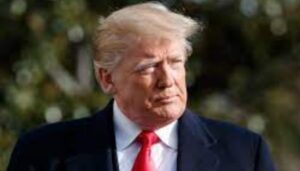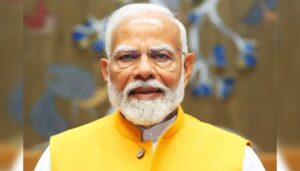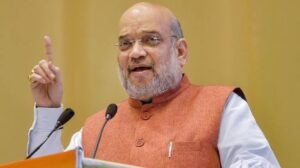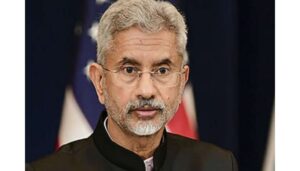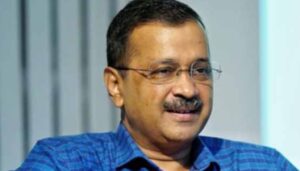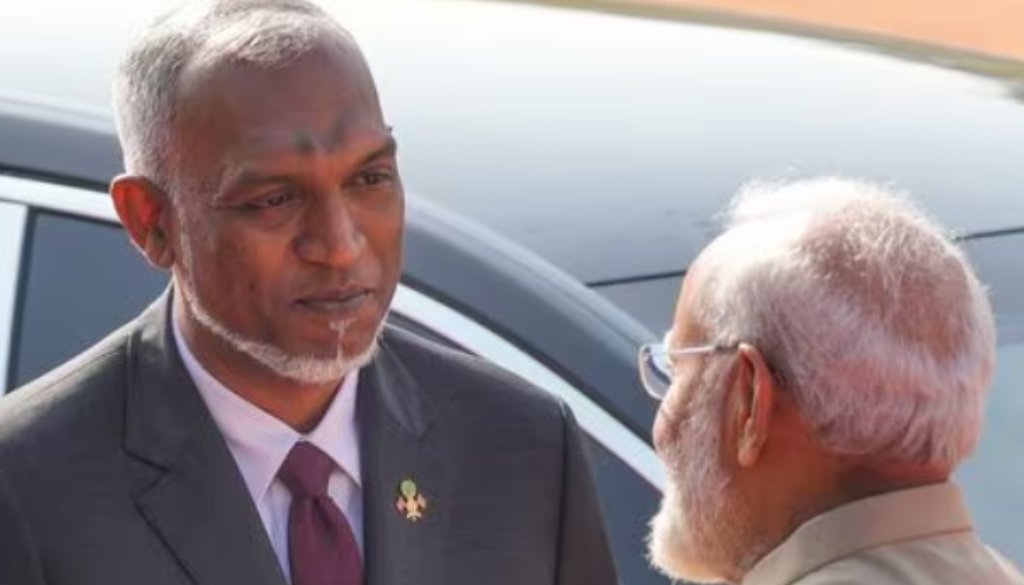
President Muizzu’s Inaugural Visit to India Aims to Mend Diplomatic Relations Following Tensions
New Delhi, 7th October 2024: India and the Maldives took steps on Monday to mend their relationship, which had been strained by diplomatic disagreements, including a significant incident last year involving critical remarks about Prime Minister Narendra Modi from three Maldivian ministers. This effort was marked by President Mohamed Muizzu’s inaugural state visit to New Delhi.
President Muizzu arrived in Delhi on Sunday evening and, following a day of rest, received a ceremonial welcome from President Droupadi Murmu and Prime Minister Modi at Raj Bhavan. He then paid respects to Mahatma Gandhi at Rajghat before engaging in discussions with Prime Minister Modi.
In a joint statement after their meeting, Prime Minister Modi emphasized New Delhi’s role as a “close friend” of the Maldives, reiterating his ‘neighbourhood first’ foreign policy, which has seen India respond promptly to emergencies affecting the island nation, including providing Covid vaccines.
“Whether it’s essential goods, Covid vaccines, or drinking water, we’ve acted as a good neighbour,” he remarked, highlighting that India also virtually inaugurated the Hanimaadhoo International Airport on Haa Dhaalu Atoll and previously handed over 700 social housing units. Additionally, India established a drinking water and sewerage project to benefit around 30,000 individuals across 28 Maldivian islands.
Prime Minister Modi also pointed out the Maldives’ vital role in ensuring security in the Indian Ocean Region, a matter of concern for the Indian government after President Muizzu—perceived as a ‘pro-China’ leader—won last year’s election on an ‘India out’ platform. This agenda included a request for Delhi to withdraw 90 military personnel stationed in the Maldives to operate three aviation platforms provided by India for humanitarian and medical support.
Following discussions, Delhi replaced military personnel with “competent technical” staff. President Muizzu has stated that he was merely fulfilling the wishes of the Maldivian people regarding the military withdrawal. However, concerns were raised after a Chinese spy ship, disguised as a research vessel, docked in the Maldives, reminiscent of similar occurrences at Sri Lanka’s Hambantota Port.
Despite the ‘India Out’ narrative, which was a central part of President Muizzu’s electoral promises, he affirmed that India remains a crucial partner in promoting regional stability, denying any intentions to push India out. He clarified that the Maldives simply seeks to avoid foreign military presence.
To reinforce their ties, India and the Maldives announced a $400 million and ₹3,000 crore currency swap agreement aimed at helping the Maldives address foreign exchange reserve challenges. This move is seen as essential in countering China’s growing influence in the region. India has also provided the financially struggling Maldives with a US$100 million rollover.
A currency swap, which President Muizzu welcomed, involves two parties exchanging loan principal and interest in different currencies over a specified duration. “I appreciate the Indian government’s support of ₹30 billion in addition to the US$400 million currency swap, which will significantly help us manage our foreign exchange issues,” he stated.
Other bilateral initiatives announced include the launch of the RuPay card, issued by the National Payments Corporation of India, a major financial services organization backed by prominent Indian banks, and India’s support for infrastructure projects in the Greater Male area.
Overall, both nations appeared content with the results of President Muizzu’s first bilateral visit, with the agreements signed and statements made reflecting a renewed spirit of cooperation following previous diplomatic tensions.








